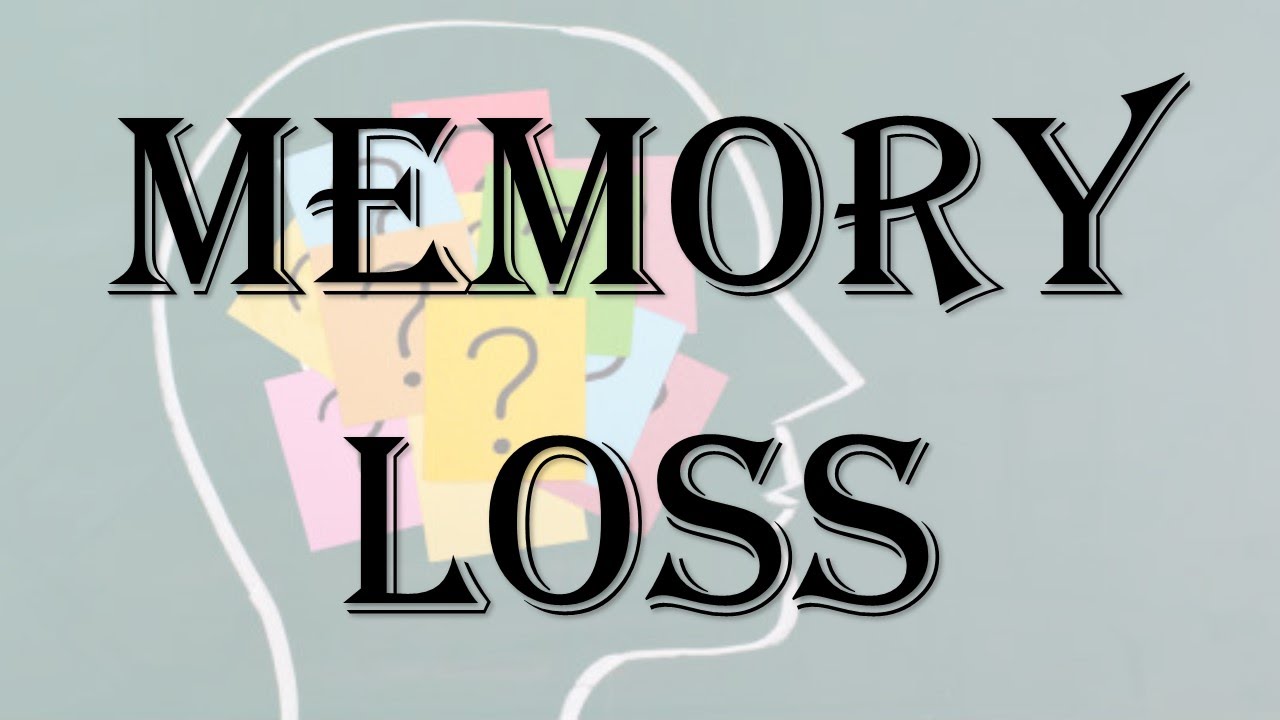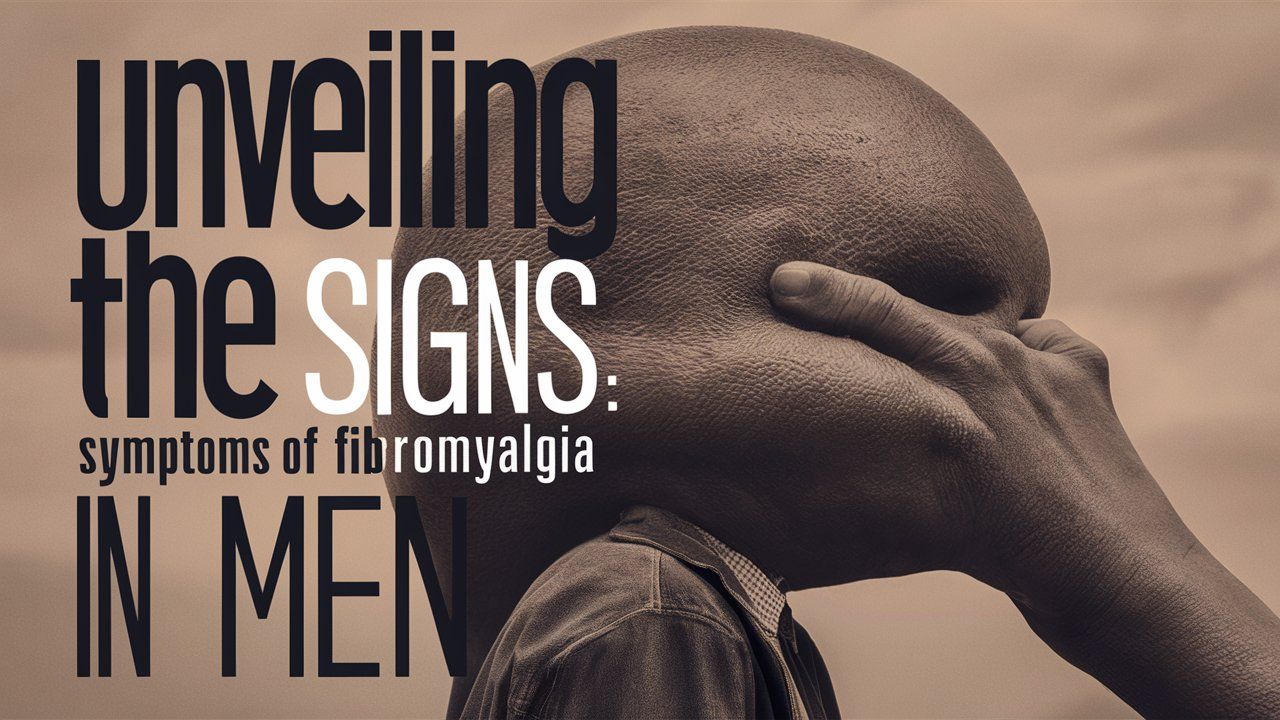Here are some factors that contribute to memory loss:
• Age According to FamilyDoctor.org, we actually begin to lose brain cells as young as our 20’s, the same time our bodies begin to make less of the chemicals the remaining brain cells need to work, affecting our memory as we age.
• Hormones As if that’s not bad enough, a study done by McGill University found that decreasing estrogen levels also do a number on our working memory, which can explain why many women complain of “mommy” or “menopause” brain.
• Sleep Without adequate sleep, your brain has a harder time absorbing and recalling new information, according to WebMD. But sleep does more than help sharpen the mind. Studies show that sleep (or lack therof) affects physical reflexes, fine motor skills and judgment, too. One studyshowed that participants who were sleep-deprived were more likely to think they were right when they were actually wrong. (Not that any of us would do that.)
• Stress The need to get it all done and perfectly is enough to send anyone over the edge. Think you’re a great multitasker? According to a Huffington Post article, a recent study says you’re wrong. (Maybe you just think you’re right because you’re sleep deprived.) In fact, the study found that the better a person thinks they are at multitasking, the worse they actually are. “The people who multitask the most tend to be impulsive, sensation-seeking, overconfident of their multitasking abilities, and they tend to be less capable of multitasking,” said study researcher and psychology professor David Strayer.
But what if overextending ourselves isn’t really the issue. How do we know the difference between a common occurrence and something more serious like dementia?
 Could I Have Early-Onset Alzheimer’s?
Could I Have Early-Onset Alzheimer’s?
According to FamilyDoctor.org, memory loss can become a more serious problem as it affects your daily living. If you find that any of the following apply to you, it’s best to consult your doctor.
- No longer remember how to do things you’ve done many times before (losing your way to work even though you’ve taken the same route over and over, not being able to follow directions in a recipe…)
- Changes in mood and personality
- Memory loss tends to increase over time (from several months to years)
What are some things we can do to thwart memory loss and keep our minds sharp? Some foods and food-based multivitamins are said to be helpful in boosting memory and sharpness.
- Allspice (promotes memory)
- Avocado (remembering details)
- Flax (assimilation of information and memory improvement)
- Papaya (memory retention)
- Rosemary (forgetfulness)

There are also other lifestyle tweaks that can go a long way in keeping your mind sharp.
• Find a system For some, writing things down is enough to keep them on track. For me, I’ve channeled my inner-nerd, creating spreadsheets for everything from homework, paying bills, grocery lists and work assignments (Now, if I could only remember to open them…).
• Use it or lose it Like muscles, your brain needs to be exercised in order to stay sharp. Consider skipping an hour of those mindless online games and use the same time to learn a new skill, start a hobby, read a book or even challenge the kids to a game of Scrabble.
• Get healthy It’s not exactly breaking news that healthy diet, regular exercise and clean living is said to keep you on your game. While you’re at it, decrease or cut out the mind-zapping alcohol.
• Maintain a sense of humor While memory loss can be extremely difficult, don’t sweat the small stuff. Remember, we’re all getting older, don’t take it so seriously.
For additional information on the topic of memory below is a Mind Map:




